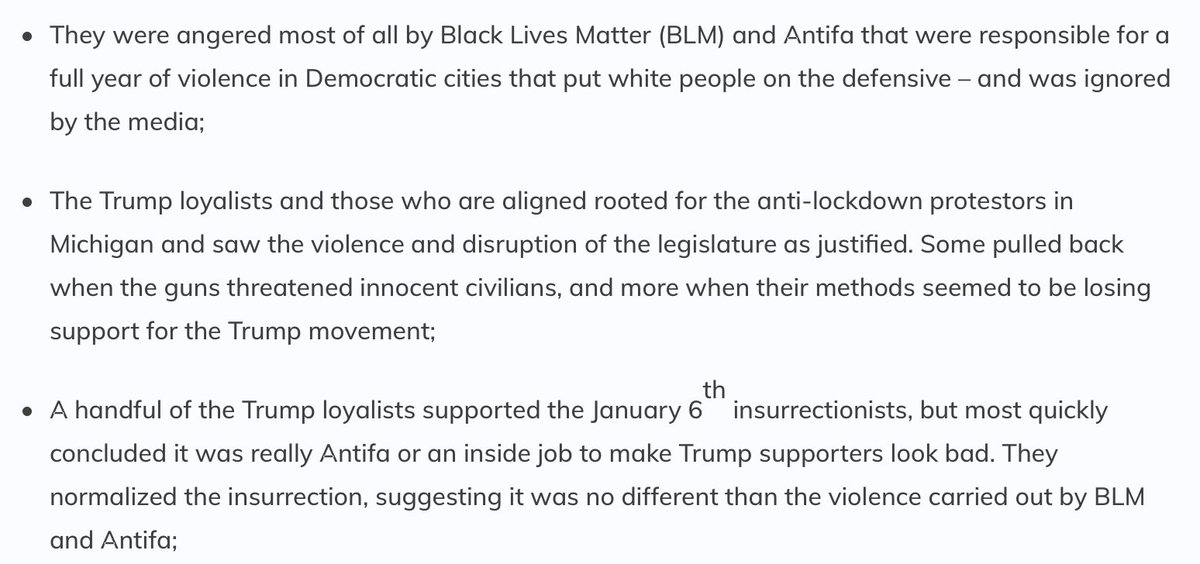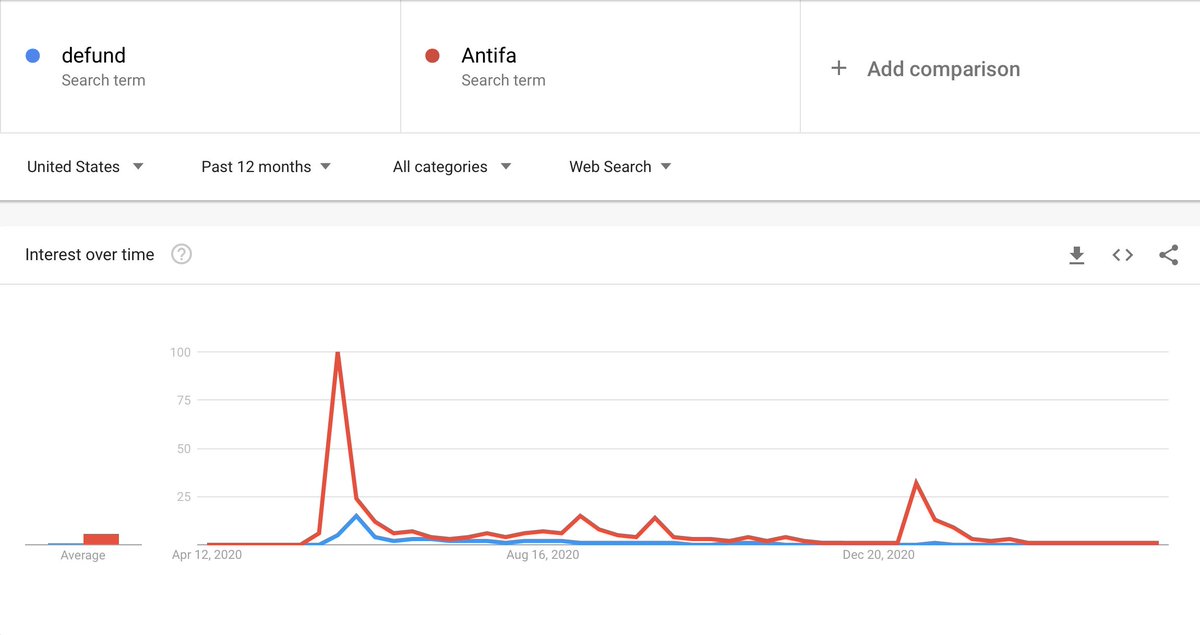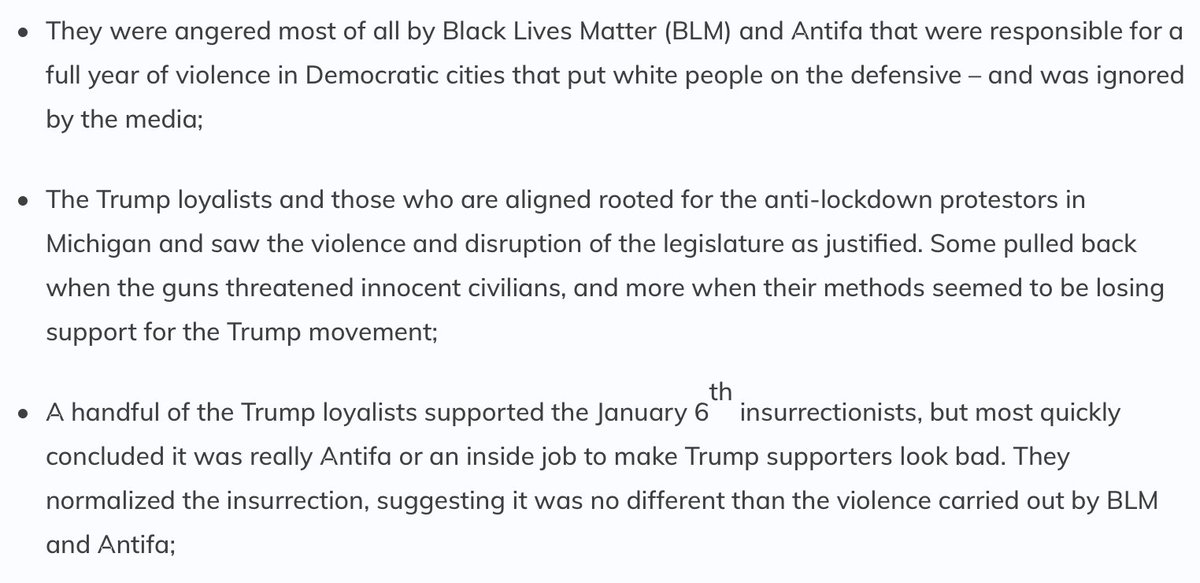
So reverse coattails are up for debate again, & I do actually have some thoughts. But I am afraid they are going to frustrate all parties in this debate equally! You're better off just muting this thread right now tbh [1/17,000]
https://twitter.com/mattyglesias/status/1383090526291955714
Here's the NYTimes piece folks are responding to today, which reports on the results of a study funded by RunForSomething nytimes.com/2021/04/16/us/…
Here is the public write-up of the study in question itself👇. If there is a more detailed write-up out there, I'd love to be pointed to it? Bc as it stands the structure of the comparative analysis here leaves me very confused (on which, more below...) runforsomething.net/wp-content/upl… 

But quite apart from either 1) this study or 2) reverse coattails per se, I want to underline that recruiting candidates for seats recently uncontested by Dems became a core mission for born-as-anti-Trump grassroots groups everywhere: & it's been integral to their growth & gains
We wrote in Feb 2018: "The need to contest 'every seat, every election' is a new mantra among activists in red or purple communities, appalled by the range of elective offices they discover all around them for which Dems stopped even fielding candidates.." democracyjournal.org/arguments/midd…
As I wrote a few months later, these races were both building on & adding to personal ties among activists. These lateral connections were part of what kept new groups across urban/suburban/rural districts functioning more like allies than ideological foes democracyjournal.org/arguments/ther… 

Getting involved in downballot races didn't just get volunteers out into their communities talking to voters. It got them out *listening* to voters: & reality-checking their own preferences & priorities against the complex electorates around them vox.com/first-person/2… 

That hands-on experience trying to win elections (every year! not once in 4) meant newcomers rapidly developed acute diagnoses of the leverage—& shortcomings—of their local Dem party cttes. They steppd in to revitalize: or fight for them.Which is healthy! global.oup.com/academic/produ…
Precisely because recruiting & running a downballot campaign both reflects a certain minimal level of local political engagement, & builds more over its course, my own sense is that throwing (some) money at such campaigns is generally a great thing to do democracyjournal.org/arguments/iowa… 

The argument is that the "grassroots engagemnt" projects most visible to distant funders are systematically the least grounded in local dynamics/needs. Targeting previously-uncontested races is a way of using an organic signal that something's underway here you want to encourage 

So if you want build broader, stronger Dem-side political infrastructure, then providing attainable basic resources to downballot candidates in a wider range of places is a wise & logical component of an investment plan
https://twitter.com/lara_putnam/status/1380884954255622146
Of course, not all downballot campaigns are equally structured to "lay tracks" for the future. I really want some funder to ask me & @daschloz & co. to write a version of this👇 as a campaign questionnaire, to make this dimension part of your eval process scholars.org/contribution/l…
So far I've talked about internal capacity-building: but there's external relationship & brand-building too. If you never run a local candidate to say "here's what a Dem looks like here" FOX caricatures of Pelosi will be the only Dems some places ever see
https://twitter.com/lara_putnam/status/1371623490810445826
You'll notice that none of the case I've made so far for investing in downballot races claims doing so will help at the top of ticket in the same cycle. On the contrary I'd argue that it's worth doing even if it may *hurt* you short-term, by driving up turnout in hostile terrain
"Let sleeping dogs lie" was long the justification for sitting some races out, & @jyazman2012's analysis of eg VA's 2017 House of Delegate long shots argues that turnout impacts meant they hurt Northam more than helped him. But were worth doing anyway! joshyazman.github.io/reverse-coatta… 
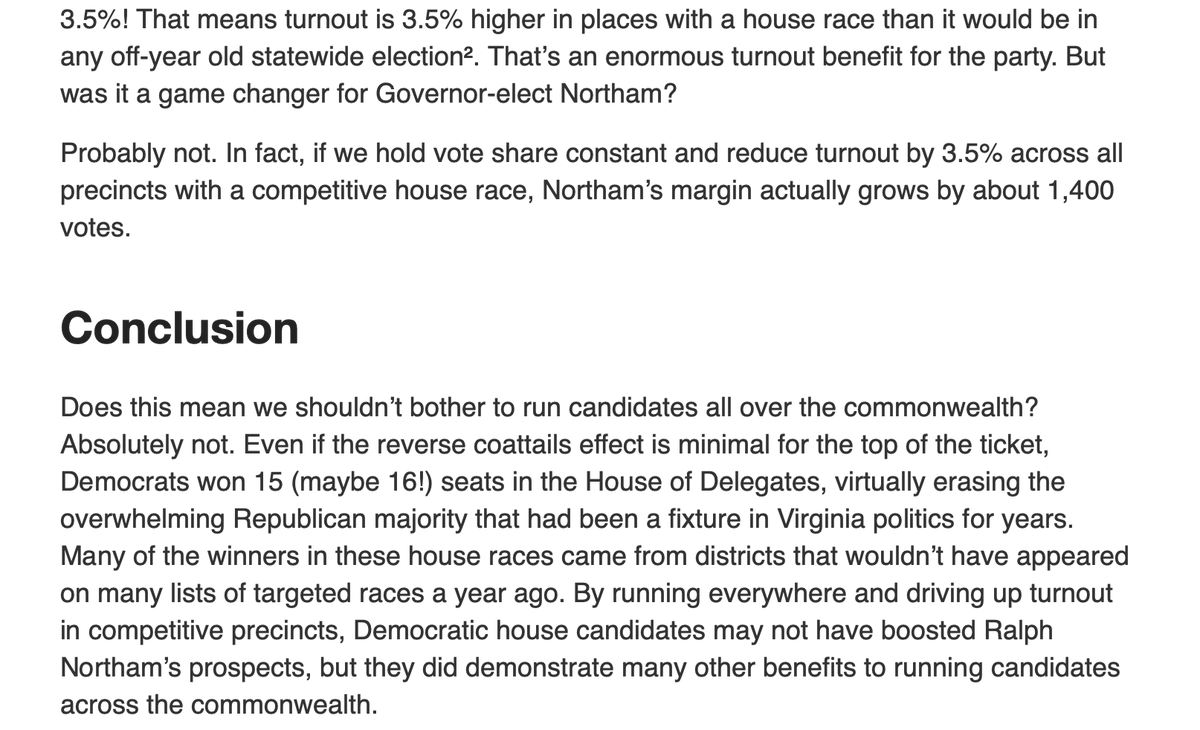
Ok so does this most recent RFS study give reason to think that contesting downballot races brought immediate benefit at the top of the ticket in 2020? The first thing I'll note is as far as I can see it says nothing about turnout levels, which would make a huge difference here
So eg in rural areas of PA, Biden improved on Clinton's two-party vote share but carried out a larger absolute vote deficit than she did, because turnout rose there: & losing by less is still losing (see absuuurdly long thread on PA's-2020+trends here👇)
https://twitter.com/lara_putnam/status/1331469462298648583
Plausibly, having contested downballot races could *both* improve Biden vote share & increase local turnout enough to be a net disadvantge at top of ticket. I would still say it's the right thing to do! For all the longterm building/incentive reasons above
https://twitter.com/lara_putnam/status/1357100290533691392
Ok but back to the study itself. 1st of all it looks to me like they're basically comparing a control group made of mainly KS precincts+some OH/GA, w/treatment group almost wholly FL+OH? But then if FL or KS have any unique relevant features, your findings could be confounded?🤔 

As an aside, re: how state-level parties can interact with candidate recruitment & campaign course & quality in significant ways, a tweet fr @otis_reid pointed me to this fascinating study from @movement_labs... contesteveryrace.com/wp-content/upl… 

...which among other things shows both how uneven Dem party chairs' initial responsiveness is, even within a single state—& how impactful getting them personally involved can be.🚨Great Target For Infrastructure Building Alert🚨 

A few other🤷♀️things. Controlling on general partisanship, Biden's performance in these OH/FL/KS/GA precincts seems fully explained by basic demographics. It's only when you control by Clinton16 vote instead that uncontested races look worse than just demographics would predict 

It's also a little hard to know from the results released👇 but it looks like %HS or Less & %Bachelors are doing separate work here, & once the latter is included in the model the apparent difference between contested & uncontested precincts disappears. That's interesting! 

A fact that gets lost in some reductionist discussion re "non-college" voters is just how important *some college* (incomplete+assoc deg) voters are: that's ~30% of adults in FL & OH alike. A suburb with lots of some-college voters is very different than one with all bachelors+up 


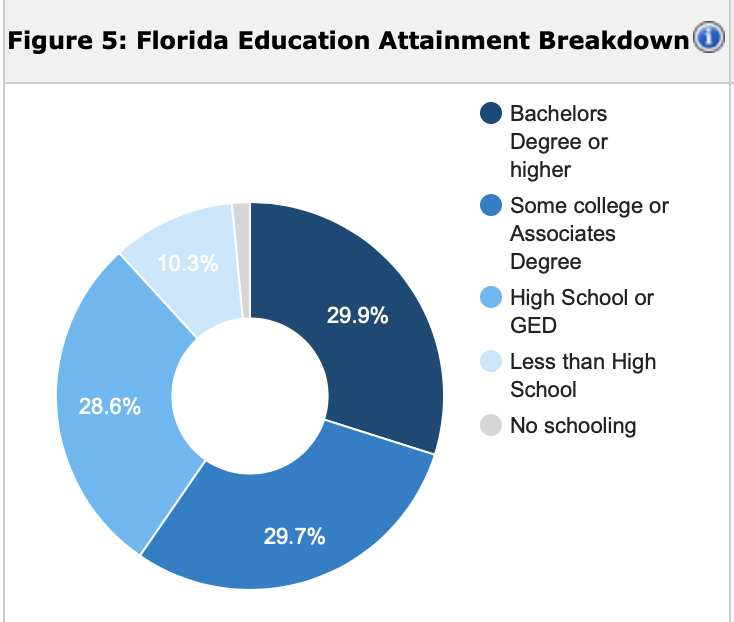
I'm saying all this because I would actually be thrilled if the only problem here were correlation-doesn't-prove-causality, which was eg @MattGrossmann's (quite sensible!) immediate caveat
https://twitter.com/MattGrossmann/status/1383024195395842050
I would love to be able to point to clear evidence that the kind of grassroots activity that makes places more likely to run downballot candidates is also linked to improved top-of-ticket performance. It turns out to be really hard to say, bc the drivers of both are so entwined
So eg in PA a metric like Indivisible listings is tightly correlated w/ the portion of local adults with post-BA degrees. I can tell you about the intense organizing folks are doing, & you can look at results & say "educational polarization" & we're left🤷♀️ americancommunities.org/in-pennsylvani… 

• • •
Missing some Tweet in this thread? You can try to
force a refresh

